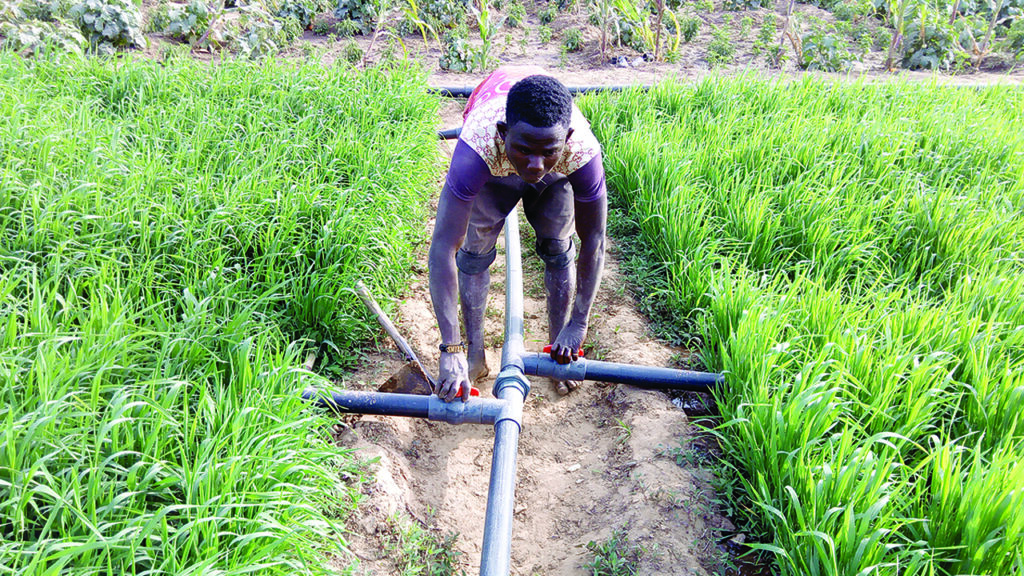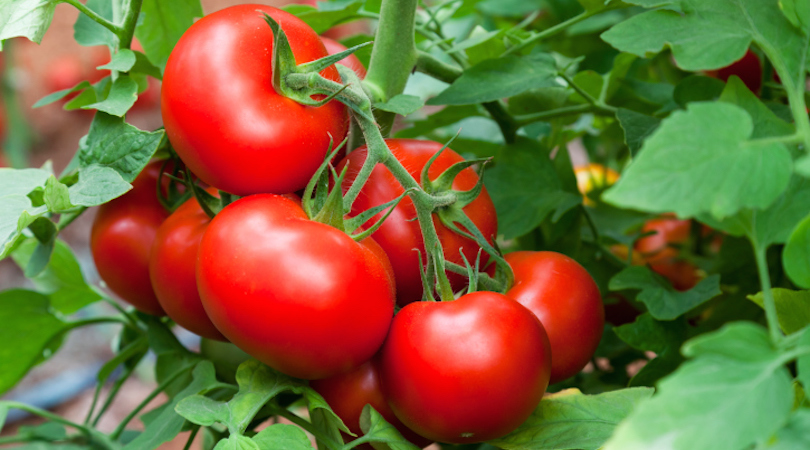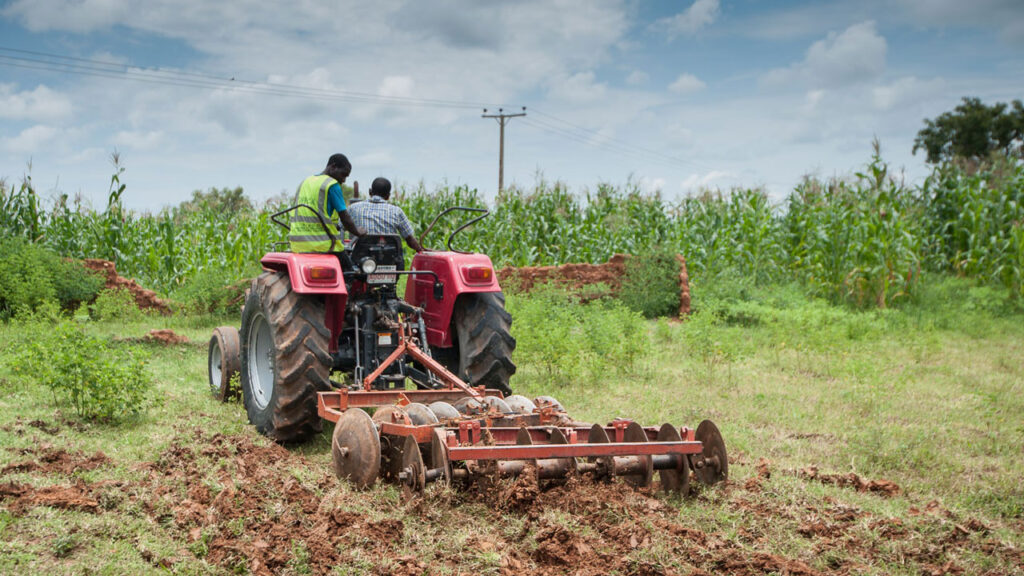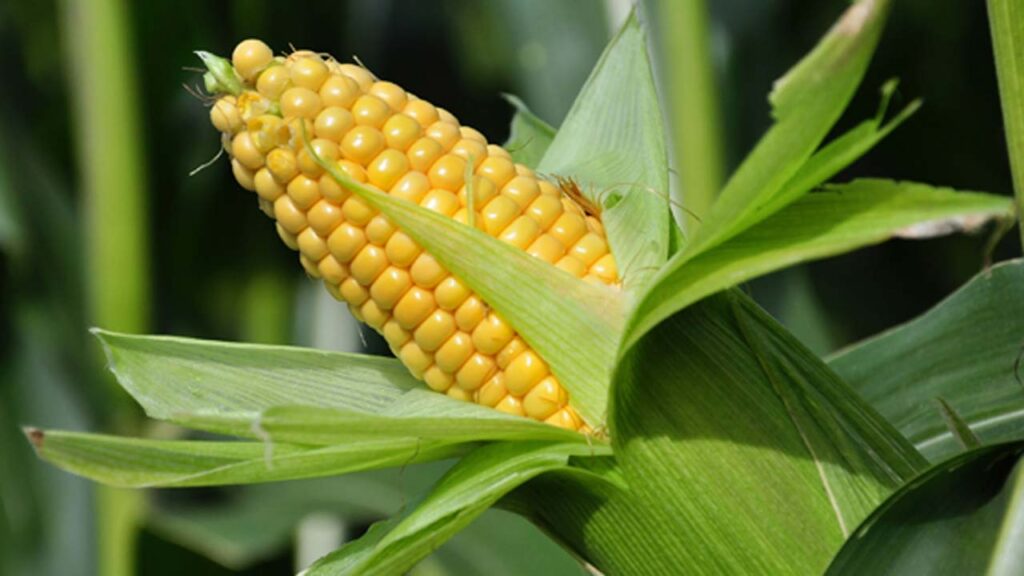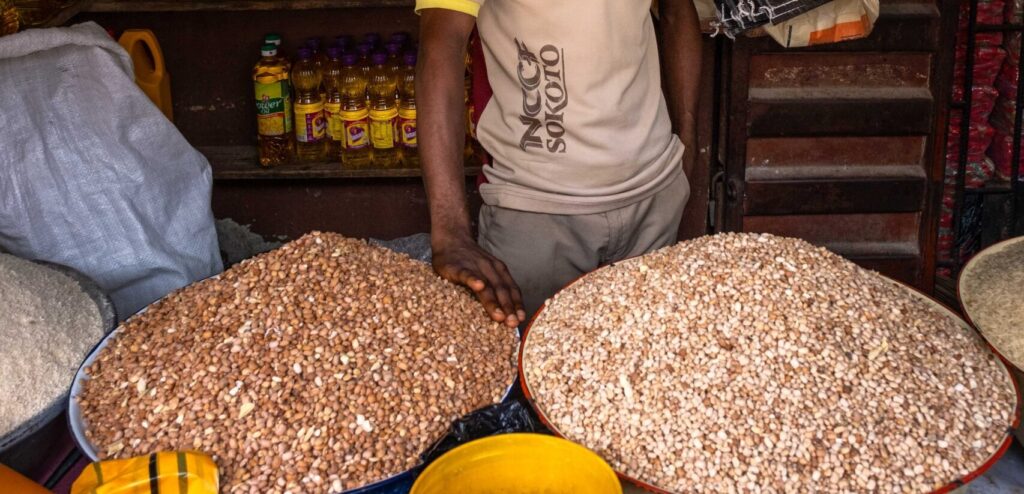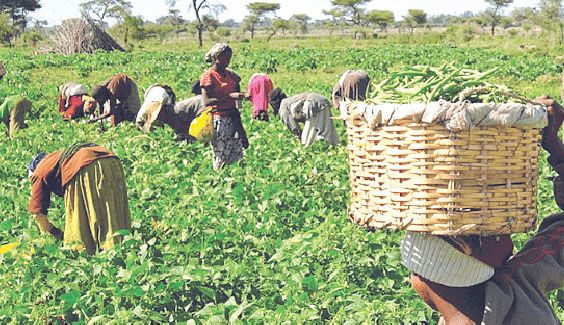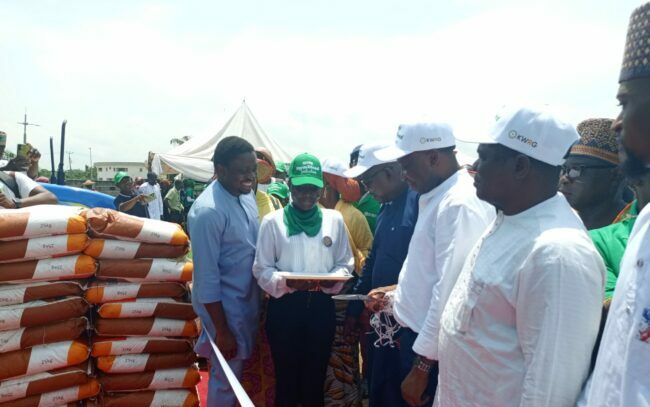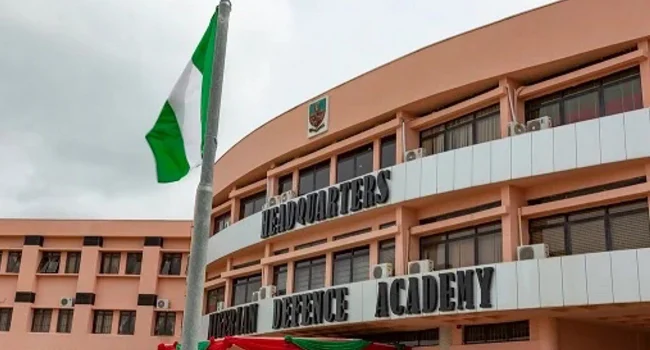
“It is possible that this development aggravates the current soaring price of foodstuff and other agro commodities. The issue of climate change is negatively impacting farmers’ productivity, as we all rely on rain-fed cultivation system.”
This alarm was raised by the Baale of farmers in Imeko land, Imeko, Ogun State, Chief Abdulazeez Ismail Adedayo, who said the price of food will continue to increase as farmers continue to record low yield in the face of the current weather variability challenge, despite the rising demand for the commodities.
The Guardian learnt that despite the effect of the COVID-19 lockdown and activities of herders, which disrupted farming, climate change is one of the major challenges currently facing the sector, especially in the Southwest, where rainfall drives farming activities.
It was learnt that the average rainfall in the Southwest – from the coastal and rainforest of Ogun/Lagos to the guinea savannah of Oyo North – is about 2000mm to 1200mm. However, the depth and distribution of rainfall is fast changing and the effect on the cropping system is devastating.
According to experts, although, the deployment of irrigation technology is not new to Nigeria, farmers in the Southwest have not been aggressive in the approach to taking advantage of irrigation technology to ensure all-year-round production either at the smallholder or commercial scale.
Sensing the challenges ahead in years to come, farmers, stakeholders and experts in the sector are advocating a shift to irrigation farming system as practiced in the North and advanced countries.
The Executive Director, Institute of Agricultural Research and Training, (IAR&T), Ibadan, Oyo State, Prof. Veronica Obatolu, said the need to embrace an irrigation system in the region is necessary for a view of the shortage of rainfall and the negative impact of drought on agricultural production.
While advising governors and farmers in the region to embrace an irrigation farming system without further delay, Obatolu lamented that drought, which the region is currently experiencing has reduced crop yield by up to 40 per cent.
She however suggested that Southwest farmers have more to do to increase irrigation practices either supplemental or total irrigation, in order to avoid hunger and food scarcity in the region.
Obatolu advised the governors in the region to support farmers with irrigation system tools, the way their counterparts in the northern region are doing.
She maintained that the recent challenges of drought occasioned by weather variability are a wake-up call to spread the awareness and deployment of irrigation systems as an adaptation strategy in the region, noting that this would go a long way to avoid looming food scarcity, which may result to malnutrition, hunger and other social problems in the region.
“In recent time, the challenges we now face with climate change and weather variability are enormous. It is estimated that this drought may have reduced crop yield by up to 40 per cent of expected crop production this year.
“The bi-modal rainfall pattern that gives two cropping season – April to July and August to November – is no longer guaranteed,” she said.
The CEO of Fourteen Farms, Ifeware/Ife, Osun State, Julian Akinremi, who said the climate change challenge has led to the consistent loss of money by farmers, said the problem would continue until farmers embrace irrigation farming.
“Aside the effect of COVID-19, the climate change issue, especially the paucity of rainfall, has destroyed crops. The rains came late and stopped early. And most of the farms are rain-fed. Hence, the yield was affected.
“If we have more irrigated farms we would have more produce and a stable price. A number of experts had predicted food scarcity this year and we can see that from the current market analysis.”
A Professor of Agricultural Engineering, Ahmadu Bello University (ABU), Zaria, Mohammed Khalid Othman, emphasised the importance of irrigation facility in the South, noting that crops require water from the point of planting to harvest.
“Rainfed and irrigation farming are both essential. Supplementary irrigation is adopted in areas where there is rainfall, as an alternative when the rainfall is not enough or when there is a lack of rainfall. This is practicable in some developed countries like France.
“In the South, especially with the climate change now, it is essential that there is a facility for irrigation in most of the areas. The maximum time crops can stay without water is two weeks, after two weeks, it is going to be affected. To avoid your crops withering, it is essential farmers use supplementary irrigation.
“The cost of an irrigation system depends on capacity. One needs to put into consideration where the water is and the type of irrigation system. We have basically three types of irrigation- surface irrigation system; sprinkler irrigation system and deep system,” he said.
Othman appealed to the government to give necessary support to farmers to access some of the irrigation technologies in the country.
“The issue of cost is very important. Government should support some of the companies that have the ability to develop some of the irrigation facilities. Government should also assist in developing and commercialising the different irrigation facilities in agricultural engineering departments across the country.

